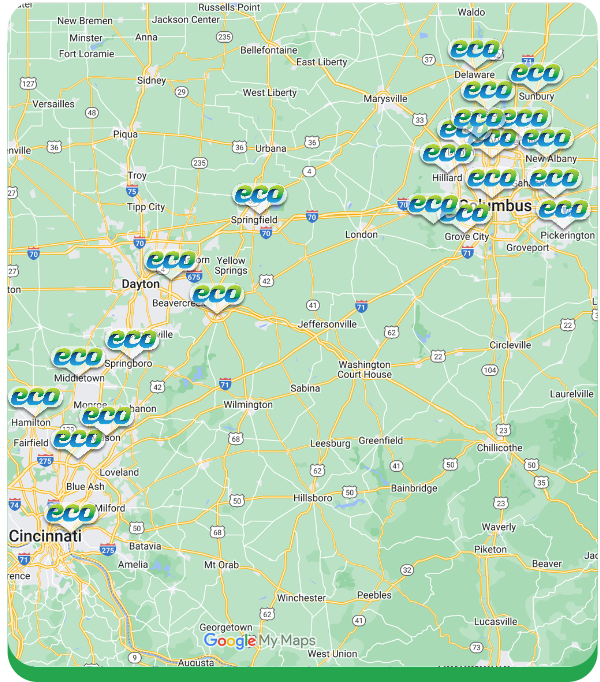Modern travelers want to explore the world without damaging it. There are many travel planning resources available that preserve the environment for the future.
According to the World Tourism Organization, last year there were over 715 million international arrivals worldwide. This trend is making the travel industry the fastest growing industry in the world.
How to Prepare for Travel
Caring for the environment can happen before you step out the door. Here are some steps all people can take before they leave their homes to reduce their environmental footprint:
Lower thermostat and water heater settings, which waste energy heating an empty house.
Appliances use energy in their off mode, so unplug the TV, stereo, desktop computer, toaster, microwave, and any other appliances around the house.
Stop your newspaper or ask that it be delivered elsewhere while you are gone.
Use public transportation as much as possible when going to the train station or airport. When flying, try to book direct travel because aircrafts consume the most fuel during takeoff and landing. Try to avoid flying, if possible, and choose more fuel efficient rail and bus travel options.
Packing is perhaps the most stressful part of preparing for a trip. Invest in reusable containers instead of travel-sized disposables with wasteful packaging. Travel as lightly as possible to reduce weight, fuel use, and make it easier to get around on public transit.
Book a hotel that has an environmental program and participate as much as possible. There are often guides in the rooms and staff will be happy to explain how to participate in the environmental program. This often means reusing towels and sheets, which saves energy and water and prevents the release of toxic chemicals.
What to Do While Away
Use the natural light to gauge the thermostat and regulate the temperature of the room. If traveling in a warm climate, close the drapes or angle blinds upward so the light will bounce off the ceiling and keep the room cooler. Leaving the blinds or curtains open during the day will warm the room if you are travelling to a colder region.
Many parts of the world have limited drinking-water resources, so be sure to conserve water as much as possible while traveling. A few ways to conserve water include showering instead of taking a bath, using refillable containers, and sterilizing water when necessary rather than buying bottled. These choices will help you stay healthy and hydrated, and protect the environment.
In many ways, while traveling you should simply act how you would when at home. Be conscientious with waste, recycle and reuse as much as possible, and limit the use of energy. Turning off climate controls, lights, and other electronics when leaving the room reduces energy usage.
Consider your plans for fun and make an effort to engage in environmentally conscientious recreation. This means going for a hike instead of a snowmobile ride, snorkeling instead of jet skiing, and so on. Research endangered species and the ecology of the region you are travelling to and ask tour guides about their environmental impact.
Leave a Small Footprint
Try as much as possible to leave the place you visit just as you found it. The US National Park Service uses the motto, “Take only pictures, leave only footprints.” This is a good principle for all travelers, wherever they roam.












